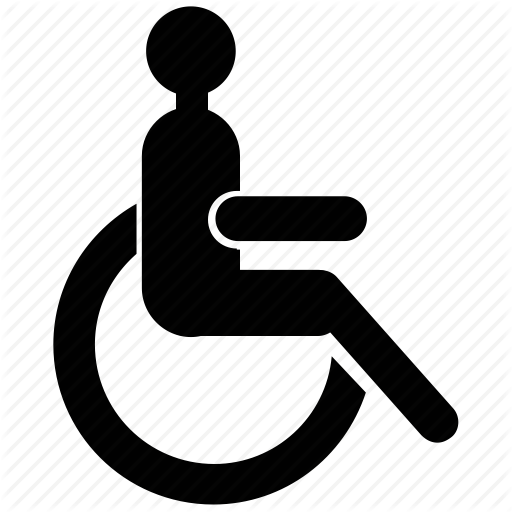Did you know that October 8th– October 15th is National Hate Crime Awareness Week? Hate crime is crime that is targeted at a certain group of people. There are many different types of hate crime, with disability being one form of potential hate crime. In the UK, more disability hate crimes are being brought to prosecution than ever before, but many victims feel the crime is still not being taken seriously. To help tackle disability hate crime, we are putting on an awareness event on October 12th to help shed light on this important and under-reported issue.
What is disability hate crime?
What constitutes hate crime? Being teased, taunted, abused or badly treated because of a disability all constitute a potential disability hate crime. This could happen in person, or even online.
Victims can legally make a judgement on whether the crime was aggravated or partly caused by a disability. You can also experience disability hate crime as a carer or person close to a disabled person.
Hate crime can come from an unknown source like a stranger, or could be from someone you know.
Recent autism hate crime case sparks outrage
Daniel Smith’s case made the headlines this summer as an incident of disability hate crime that was mishandled by the police. Despite being a victim of a brutal attack spurred on by his autism, it was Daniel who had to bear the brunt of a long and stressful accusation of assault, including nine hours in custody where his family claim no provision was made for his care or wellbeing. (Daniel’s case has been referred to the Independent Police Complaints Commission).
Cases like Daniel’s highlight the lack of awareness around disability hate crime and the need for procedures to be put into place to help prosecute offenders.
What makes disability hate crime so hard to report?
There is often a distinct lack of understanding of what qualifies as a hate crime, and also how to report it. (Here’s the Citizen’s Advice Bureau’s hate crime reporting guide). People may feel like they won’t be taken seriously, or they don’t want to deal with reporting.
Hate crimes are often unpredictable, happening when you least expect it. There’s an element of shock and disbelief, and many people experience a type of ‘frozen’ sensation which leaves them unable to immediately react.
There has been a 40% increase in prosecutions of disability hate crime over the past year, showing that attitudes are getting tougher, but there is still a fear that many crimes go unreported.
What can you do to help?
SGDEN is hosting an exclusive disability hate crime event on Wednesday October 12th at the Vassall Centre. Running from 1 PM until 4.30 PM, with lunch and networking from 12pm, the event is being run in conjunction with SARI, Paul’s Place and Brandon Trust. We’re excited to announce that disability campaigner Adam Pearson (who produced the critically-acclaimed The Ugly Face of Disability Hate Crime) is creating an exclusive short film for the event.
It should be an informative afternoon of discussion as we look at what is disability hate crime, how you can report it, and what we can all do to eradicate it. Follow @SouthGlosDEN on Twitter for updates and show your support for the National Hate Crime Awareness Week with the hashtag #NHCAW.

